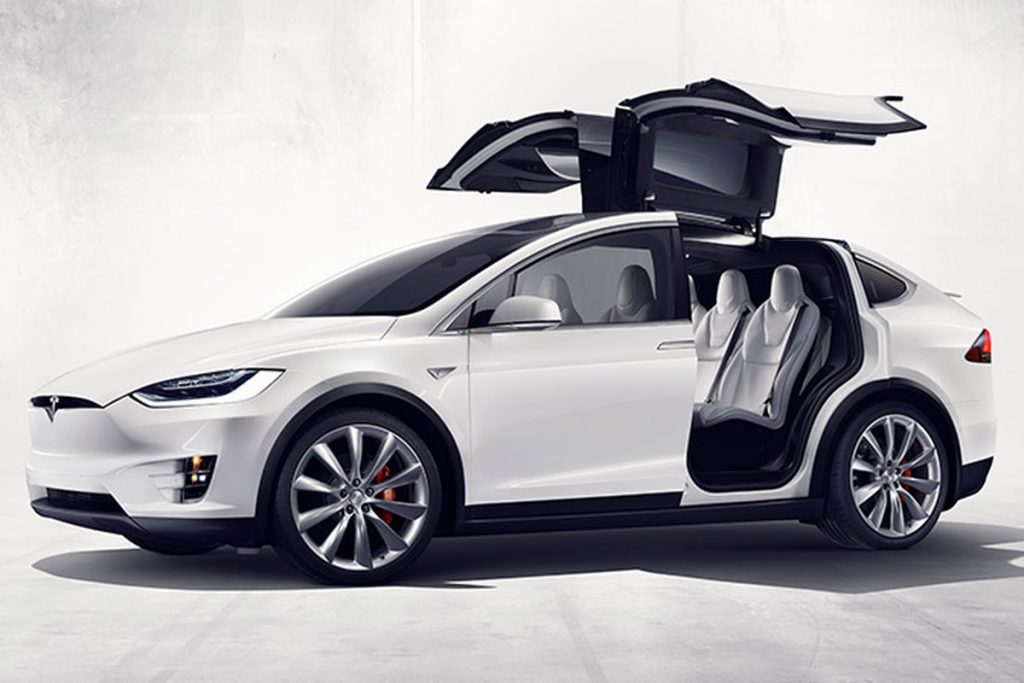
BY VENERANDA LANGA
Zimbabweans have been urged to prepare for the introduction of electric-powered vehicles by 2030 as the world seeks to combat climate change through clean energy technologies.
Washington Zhakata, director of water and climate management in the Agriculture ministry, said this when he appeared before the Justice Mayor Wadyajena-led Parlimantary Portfolio Committee on Lands and Agriculture to give oral evidence on the Kigali and Paris agreements on climate change and progress in crafting the Climate Change Bill.
He said the country must begin to transform into climate smart technologies in different sectors that include agriculture, industry, mining and others and utilise renewable energy sources, such as solar, in order to reduce damage to the ozone layer.
The climate change agenda is a global programme, which seeks to address threats facing mankind such as declining water resources, reduced agricultural production, spread of animal and crop diseases, change of weather and climatic disasters due to effects of greenhouse gases on the ozone layer.
“The world is driving towards e-mobility, which seeks to promote movement towards electric-powered modes of transport in a manner that promotes zero greenhouse emissions in the transport sector and improves public health,” Zhakata said.
“Most vehicle manufacturers during the 24th Conference of Parties (COP 24) announced that effectively in 2030 they will no longer be manufacturing petrol vehicles, but will manufacture electric vehicles.
“We need to look at the implications of such declarations as a country and look at issues such as the discovery of lithium in Goromonzi and Buhera which are the major materials for battery manufacturing for electric vehicles,” he said. Legislators expressed concern that such a move might affect people’s jobs.
- Chamisa under fire over US$120K donation
- Mavhunga puts DeMbare into Chibuku quarterfinals
- Pension funds bet on Cabora Bassa oilfields
- Councils defy govt fire tender directive
Keep Reading
Zhakata said internationally, electric buses and trains were already there on the market as the world moves to get rid, by 2030, of petroleum products, which are not ozone friendly.
He said Zimbabwe, as a signatory to different protocols on climate change, needs to ensure resilience of citizens to the effects of climate change and implement the Montreal Protocol on refrigeration and air conditioning, which contain high levels of ozone depleting substances as well as ban fumigation in tobacco and agricultural production using chemicals with high levels of hydrofluorocarbons (HFCs) or ozone gases which deplete the ozone layer.
“There has been a sharp increase in HFCs in refrigeration and air conditioning and the Kigali Protocol is now moving a step higher in phasing them out. As Zimbabwe, we ensure spares in refrigeration and air conditioning are checked by customs officials to reduce HFCs by 80 to 85%,” Zhakata said.
On the Paris Agreement, he said Zimbabwe was looking at ways to reduce emissions in agriculture, mining and forestry, and to reduce greenhouse gases by 23% per capita by 2030. He said Zimbabwe pledged to transform its agriculture sector into climate smart enterprises using cleaner technology. “Indications are that we will require over $7 billion by 2030 to ensure these projects are accomplished,” he said.
Zhakata said the Climate Change Bill will be crafted by April and brought before Parliament around September.











